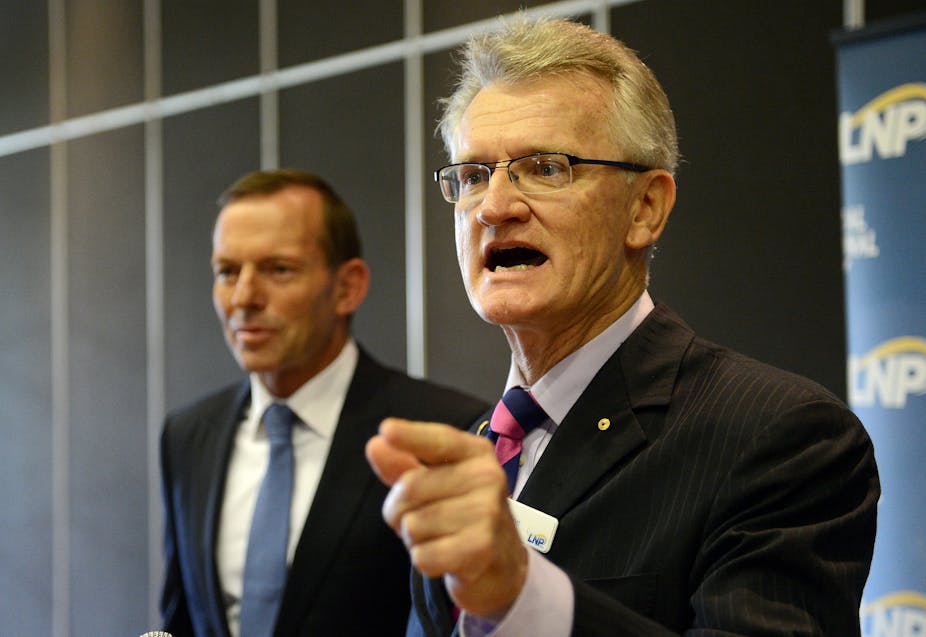Former high-profile Liberal candidate and one-time president of the Australian Medical Association Bill Glasson has added his voice to those urging the government to deploy a medical contingent to West Africa.
Glasson said Australia had made a military commitment in the Middle East, saying it was a humanitarian crisis. In terms of a humanitarian crisis, the Ebola epidemic was no different.
“We feel there is an onus on us in the Middle East and that we have a responsibility to help. As a nation we have a responsibility to treat this as we are treating the Middle East.
"We do have a responsibility to West Africa – we have a responsibility to the world. As a first world nation we have a responsibility to do our part in giving support in the West African crisis. All first world nations should get together with a co-ordinated response. We don’t want it spreading further outside Africa,” he told The Conversation.
Glasson, an ophthalmologist, stood against then-prime minister Kevin Rudd in his seat of Griffith at last year’s election, securing a big swing. He received a further swing when he contested the byelection after Rudd quit parliament.
AMA president Brian Owler has been highly critical of the government for failing so far to send a team to West Africa.
The government, which has received requests from the United States and Britain, has said it is concerned about being unable to guarantee the evacuation of people who might become infected with the virus. A Senate committee was told late last week that talks on evacuation were making progress.
Glasson said there needed to be more reassurance given to the general public that there were adequate arrangements in place in relation to health workers sponsored by non-government organisations who are now returning from West Africa. Home quarantine was satisfactory but it was important they did stay at home for the required period.
He said that a specialist contingent sent by the government could be of more help than people going sporadically from private organisations.
It needed to be a “co-ordinated, well-thought-out intervention”, he said.

